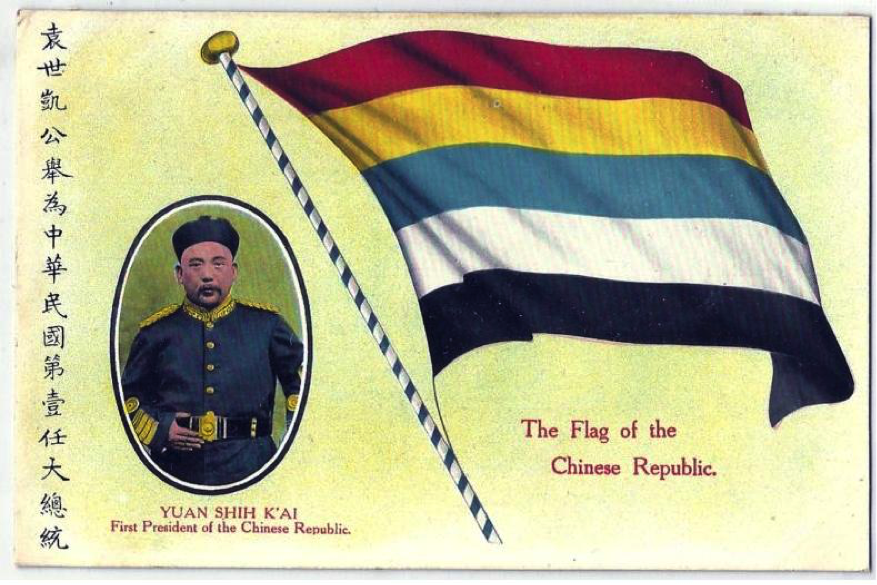A Forgotten Experiment: Democratisation in Early 20th Century China (1909-1914)

Abstract
This paper is an account of China’s brief experiment with constitutional democracy and representative government during the early 20th century, spanning the late Qing Empire and the early Republic. The setting-up in 1909 of elected Provincial Consultative Boards was followed by the establishment in 1910 of the half-elected, half-appointed Advisory Council in Peking. This provided a battleground between the imperial court and the parliamentarians. Events such as the impeachment of the Grand Councillor were unprecedented and provided Chinese society and its elected representatives desperately needed training in modern parliamentary struggle. Councillors disillusioned with Manchu promises of reform became major promoters of the Republican revolution. Yet the early Republican parliament, dominated by radical revolutionaries whose idealism and all-or-nothing moral code rejected all compromise as betrayal, refused to acknowledge President Yuan Shikai’s actual strength and denied themselves a chance of arriving at a constitutional settlement with him. Exasperated by radical obstinance and unable to count on support from a strong centrist parliamentary force, Yuan in turn overreacted by dismantling the democratic institutions and installing a Latin American-styled “Super Presidency”. Establishmentarian and revolutionary elite loss of faith in moderation or accommodation ultimately pushed China away from democracy and onto a course towards totalitarianism.
- Democracy: Parliament; Representative Government; Late-Qing Reforms; Early Republic; Beiyang; Constitutionalists
